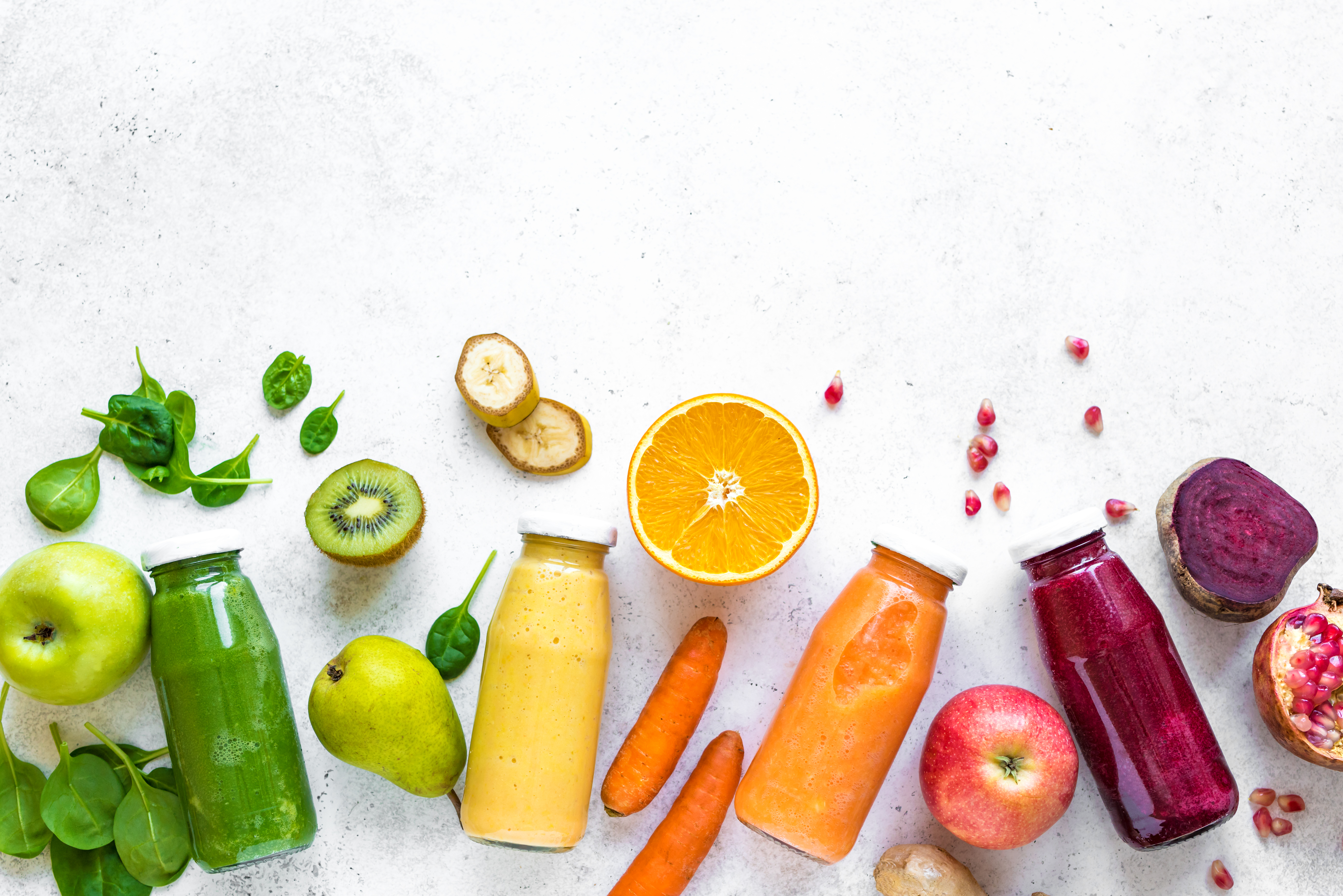


The specialist Foodology by Univar Solutions focuses on the distribution and technical innovation needs of the food and ingredients industry. Meeting the needs of health-conscious consumers is undoubtedly a challenge.
“Consumers are effectively becoming conscious nutritionists, educating themselves about what they need for health and well-being. They pay close attention to the nutrient density and functionality of their food. We will very soon be seeing a combination of holistic health and self-care in food and drinks markets like never before, with a strong focus on ingredient sustainability and taste, texture and appearance,” says Natalia McDonagh, Head of Marketing & Technical Sales for Food Ingredients, EMEA from Foodology by Univar Solutions. The team supports product developers, buyers, marketers and brand owners to help drive innovation, accelerate product development and deliver next-generation solutions. Today’s consumers routinely scrutinise ingredient lists and keep themselves abreast of risks related to product safety, quality and traceability.

© Foodology by Univar Solutions
Trends
Baked goods, snacks, drinks, dairy and active nutrition are just some of the key categories that assess consumers’ desire for healthy food. “Today’s consumers are constantly looking for clean labels, less sugar, salt and fat, higher fibre and protein content and meat- and dairy-free choices with an enhanced sensory experience,” says Natalia McDonagh.
Mintel’s 2022 report on healthy eating suggests that over the next 5 years, companies will focus on a sustainable food supply chain while developing ingredients that act on food waste and loss to help reduce world hunger and food insecurity.

© Foodology by Univar Solutions
Clean labels and a minimal ecological footprint are a must. For example, fortifying baked goods with protein from pea and bean sources, which offer the lowest greenhouse gas emissions per gram of protein, is both ‘better for me and better for the planet’.

“It is always advisable to maintain a critical perspective on your own products and adjust them to contemporary needs where necessary”, emphasises Marijke Adriaens, CEO of frozen food company Fribona. “For consumers, taste is still the main consideration. It is essential to work towards a product that is, above all, tasty and visually appealing.”...

Scientists from KU Leuven have discovered how oil penetrates snacks during and after the frying process. Recent research findings point to advanced frying techniques that reduce oil absorption, as well as innovative methods to limit oil uptake during the cooling phase. This paves the way for the development of healthier snacks without compromising...

Food companies are increasingly targeting a wider range of consumer groups. Speaking at an event organised by Fenavian, Julian Mellentin of New Nutrition Business said this strategy offers significant opportunities to respond to the diverse health needs and interests of today’s consumers. “Consumers enjoy both animal and plant-based proteins”, he...

Backed by financial partners, Start it @KBC is launching the accelerator programme Scale it Agro, aimed at scale-ups offering sustainable and innovative agricultural solutions for agriculture and horticulture businesses. Kjell Clarysse, programme director at Scale it Agro, goes into more detail.